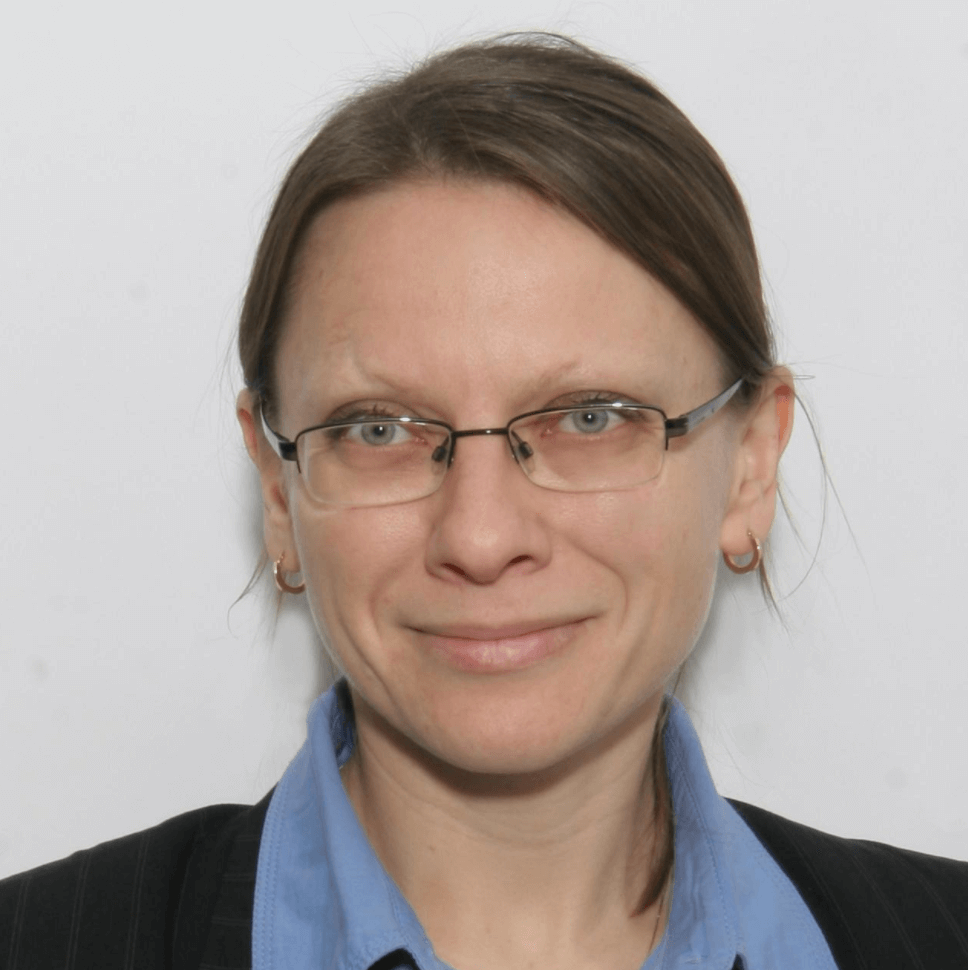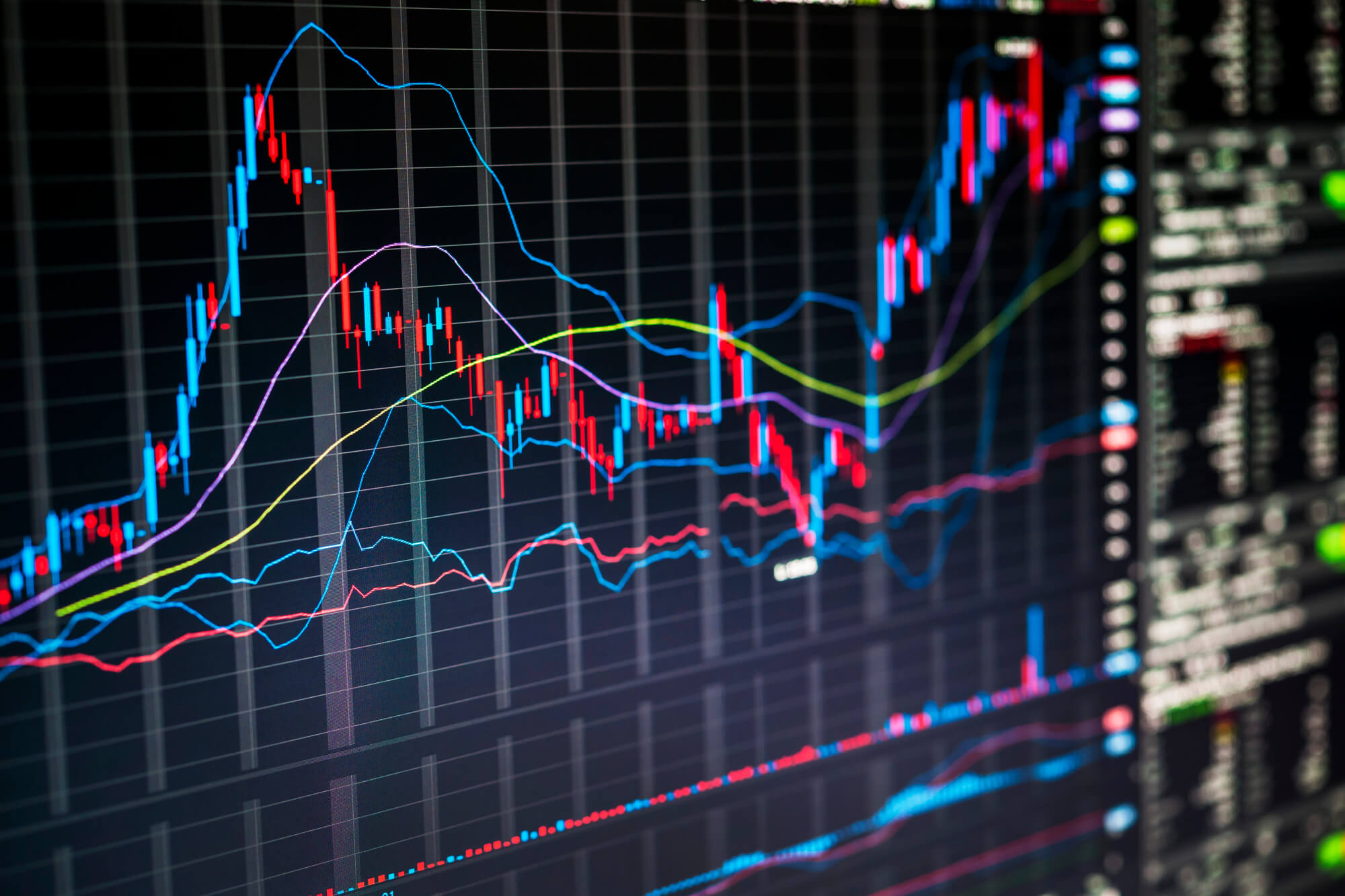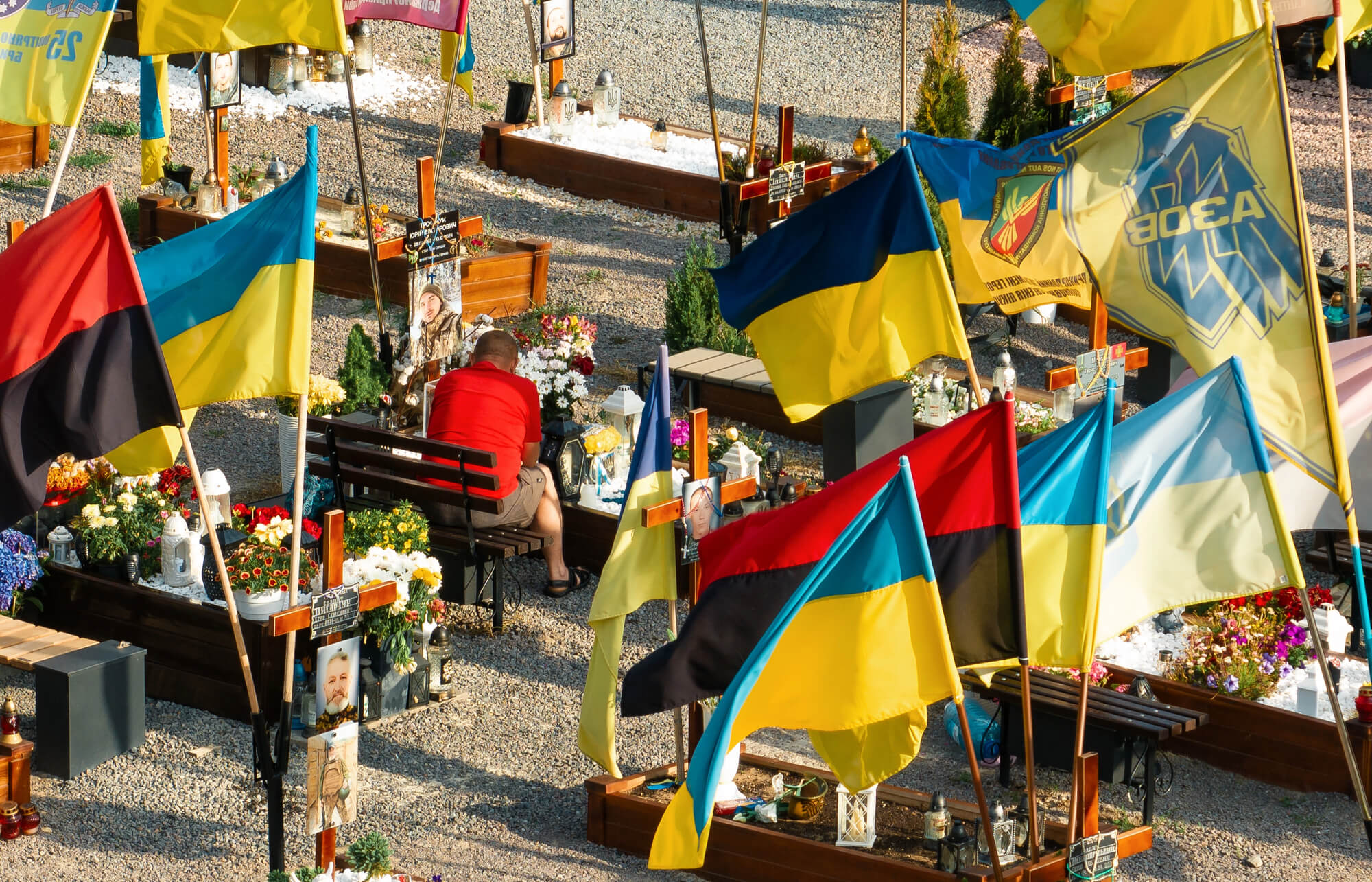Putin’s addiction to Russian philosophers (Ivan Ilyin or Aleksandr Dugin) is widely known. Despite the potentially significant role of philosophy in framing the Russian invasion of Ukraine, the vast majority of scholars remain either ignorant or reluctant to utilize it. The current study aims to eliminate this drawback by focusing on the prominent Russian philosopher – Vladimir Solovyov (1853-1900) – and his book “War, Progress and the End of History” which outlines the foundation of Russian philosophy regarding murder and war. I use Solovyov’s philosophical approach to examine Putin’s line of reasoning and his propaganda regarding the Russian ongoing invasion of Ukraine.
In his book “War, Progress and the End of History”, Solovyov contemplates about the morality and imperative of war through a simple conversation between five imaginary characters – Prince, General, Politician, Lady, and Mr. Z. The latter, Mr. Z, can by definition draw immediate attention, which galvanizes if, in addition to his acronym, one accounts for Solovyov’s ideas about war expressed through this character.
While defining war as a slaughter of thousands, Solovyov initially raises the question of whether taking someone’s life can generally be justified. He proceeds by proposing through Mr. Z that murder should not be analyzed through the deed itself but rather through the underlying grounds that motivated or have led to it. He basically argues that in killing, the evil is not in the physical fact of a life being taken but in the moral cause of this fact, namely, in the evil will of the one who kills. Logically, Mr. Z concludes that if murder is done for a good cause, it can be justified*. The assumption of this kind raises the question of what is good and what is bad. Solovyov appeals to the possibility of defining the “absolute good” which would have a universal meaning but leaves it unresolved. The further discussion looks like stemming from a more general way of Russian thinking summarized as “Good is when I carry away somebody’s wives and cows, and evil is when mine are carried away from me.”
By focusing on motives for killing someone, Solovyov introduces, again through Mr. Z, the concept of the Beast, which by definition describes someone who possesses the evil will. Then, he asks whether moralists will not feel a moral impulse to stop the Beast by force, however great the possibility, or even the probability, of killing him may appear? Beast represents danger, and, hence, killing him can be justified in a two-fold manner. Mr. Z derives the first line of argument from the nature of the Beast. According to him, the Beast is dangerous because he loses his intelligence and conscience in the sense that he is no longer moved by them. Instead, the bestial being is governed only by the impulse within him. In doing so, the Beast loses his human nature and, as Solovyov argues through another character – General, killing the Beast becomes synonymous to killing a wolf or a tiger. Mr. Z’s second line of reasoning focuses on the victim and describes killing the Beast as an absolute good because this act allows for saving the victims. “The only absolute thing is that I must help those who are wronged,” says Mr. Z.
Applied to the case of Ukraine, Solovyov’s theory would suggest that killing Ukrainians is not evil in nature to Putin (and many Russians) because adhering to democracy and independence can be equalized to losing intelligence and conscience. In Putin’s eyes, Ukrainians are Beasts whose behavior is guided by the willingness to act against Russia’s dominance and the Soviet past. Therefore, killing them is not evil but an absolute good because they are not humans. This can explain multiple war crimes committed by Russian soldiers against civilians in Ukraine that often approach genocide and require reducing people to sub-humans. Any peace that does not lead to the total destruction of Beasts on Ukraine’s territories or ensure uncontestable long-term dominance of Russia in the post-Soviet region will be bad. In Putin’s view, only the peace that allows reaching these objectives will be a ‘good’ peace.
In line with Putin, Solovyov, still through Mr. Z, moves away from viewing war as an absolute evil and peace as an absolute good. Instead, he argues that depending on the war motives, it is possible to have such a thing as a good war, and it is possible to have an evil peace. Solovyov defines the ‘good’ war as a war motivated by the need to create or consolidate the State**. Solovyov, through General this time, claims that wars are the main, if not the only, instrument by which the State has been created and gradually consolidated. Illustrating his argument’s validity, he refers to the example of the USA: “The United States, as a European colony, was, of course, founded not by war but by exploration, just as all other colonies were. But the moment this colony wished to become a State, it had to earn its political independence by means of a long war.”
This implies that, according to Solovyov, war is the only means by which a new state can be created or the old state can be consolidated. Through the prism of this statement, the ongoing war between Ukraine and Russia should be seen as Russia’s attempt to consolidate its territories or Ukraine’s attempt to gain its independence. This means that this war was inevitable, and nothing could potentially have prevented it unless Ukrainians had agreed to be under Russian foot again. This also suggests that Ukrainains MUST win this war because only our victory can bring an end to Russian imperialism and true independence to Ukraine. If Ukraine wins this war, negotiating a long-lasting peace with Russia will be possible. To the contrast, any negotiations aiming at “saving Putin’s face” (as if there is anything to save) can only support Russia’s imperial vision, as well as the attempt to use war as the means of consolidating the Russian empire. Such peace may only result in Ukraine losing its territories, sovereignty and millions of people.
In fact, Solovyov pays particular attention to analyzing the case of big empires. According to him, big empires deserve a special status in discussing wars because of their unique role in world geopolitics. They act as guardians of order and peace in regions. The massacres that big empires produce can thus be justified if they are triggered by revolutionary agitations. If the empires do not suppress them, even by slaughtering thousands, this may destabilize the order and peace in the entire region causing more massacres. This idea seems to be at the center of the Russian imperial identity and Putin’s attitude towards Ukraine. Accordingly, as a big empire, Russia can be understood as entitled to control the whole post-soviet region. The Kremlin regards Ukraine’s democratic aspirations and preference for independence as revolutionary agitations. Russia feels justified to suppress them in order to ensure peace and stability in the region. Therefore, Russia can resort to the “special operation” and murder of Ukrainians because if not stopped, these revolutionary aspirations will ultimately cause a disorder in the region***, spurring even more killing. The war becomes an absolute good to Putin because it is done to a ‘good’ cause seen as consolidating the Russian empire’s influence in the region. In addition, the war should lead to the actual consolidation of the Russian State by occupying and then annexing Ukraine’s territories.
Some commentators from the West seem to fully support Solvyov’s line of reasoning and Putin’s imperial visions. The idea of stopping the war by ceding the occupied territories of Ukraine to Russia justifies the war and the act of killing Ukrainains by the motives of protecting a great empire. Now, I urge the readers to examine the possibility of reaching a long-lasting peace in the region through this strategy. If Solovyov is right, Putin will proceed with invasion after he restores his army and economy in order to complete the consolidation of the Russian empire. It is politically salient that he will still desire to suppress and destroy Ukrainians’ revolutionary aspirations for democracy and independence to retain control in the region. One may also remember that Poland, Baltic states and Finland, as well as Kazakhstan, Uzbekistan and other countries were parts of the Russian empire at some point in time. Thus, Russia wants to ‘return’ them as well.
Ukrainians have the right to win this war and they need help from the world, first of all from the West. Western politicians and populations need to adopt a more human approach to this war. Killing a human being should never be justified, especially if mass slaughters are done in the pursuit of restoring political influence or ceasing another country’s territory.
The idea of avoiding a war at any means was very much at the heart of the demilitarization process promoted by the West in the post-soviet region after the collapse of the Soviet Union. The West put much pressure on Ukraine in 1994 to transfer its nuclear weapons to Russia in exchange for its protection. If the West could intervene then, I think it should take on the responsibility to help Ukraine now. It is now that the future of Ukraine is being decided and it is now that Russian imperialism can be stopped. If not stopped, it is highly likely that Putin will proceed in restoring the Russian empire beyond Ukraine’s borders. After all, the Soviet Union, so much beloved by Putin, could reach Berlin some time ago.
* This idea seems to often dominate philosophical and literary debates in Russia, as for instance in Dostoievskiy’s “Crime and Punishment”
** This definition implies that Solovyov’s phylosophy is in fact pre-humanism (or anti-humanism). Whereas modern states are human-centric, in Russia the opposite is true – people exist for the state, like in the Middle Ages.
*** Seen as other post-soviet states trying to get away from Russia’s influence
Attention
The authors do not work for, consult to, own shares in or receive funding from any company or organization that would benefit from this article, and have no relevant affiliations



